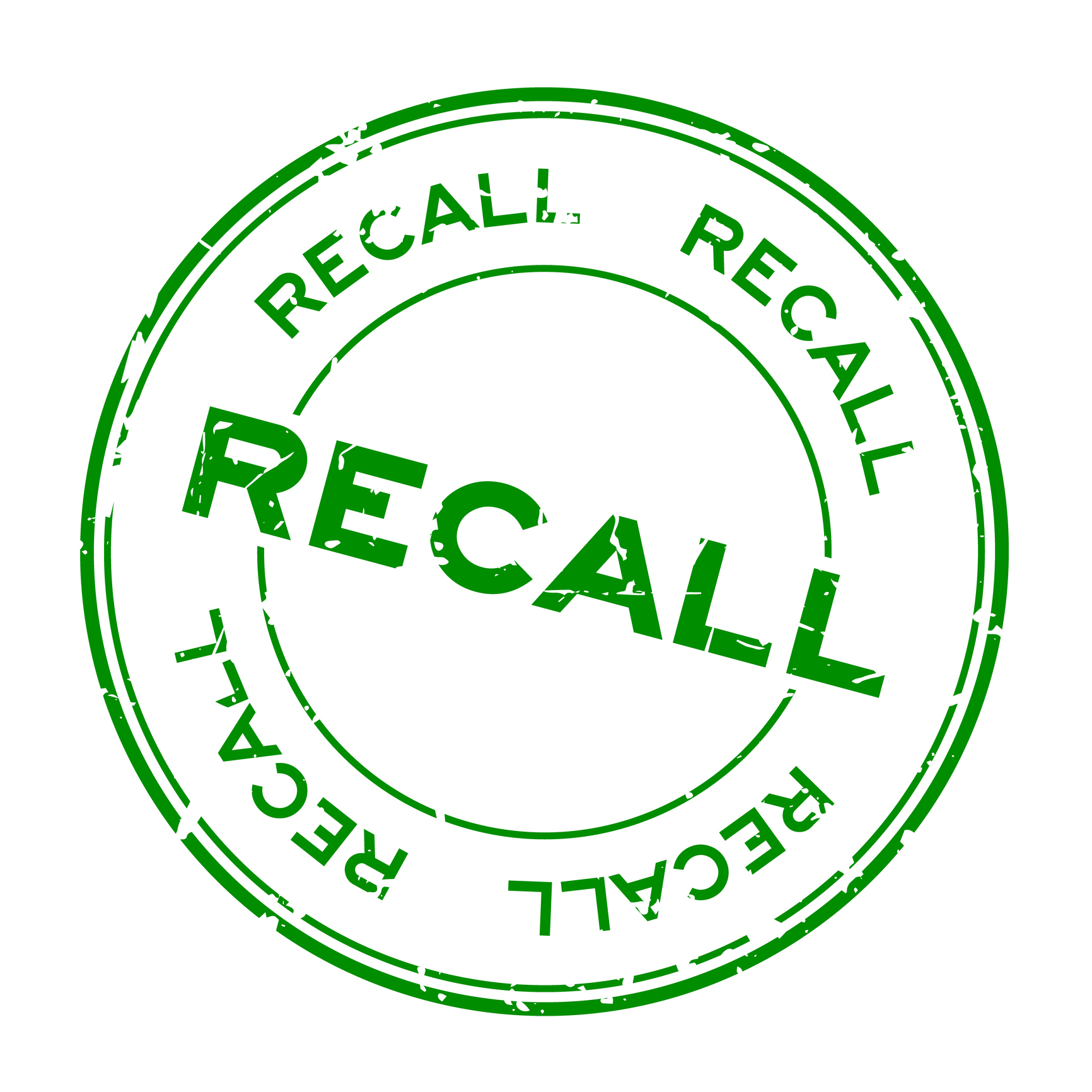With the New Year fast approaching, it’s a good time to take stock of what is stored in the medicine cabinet and dispose of any expired or recalled drugs and supplements. Multiple lots of the type 2 diabetes drug metformin recently made the U.S. Food and Drug administration recall list, but don’t stop taking the medication, which could be dangerous, before talking with your doctor.
According to a recent Best Life report, Viona Pharmaceuticals Inc. is voluntarily recalling 33 different lots of its 750-milligram metformin hydrochloride extended-release tablets because the drugs could contain too much N-nitrosodimethylamine (NDMA) – which is classified as a probable human carcinogen. Batches having a valid shelf life are included in the recall and customers will be notified by email and mail with instructions for returning recalled products.
If you take this medication, you can check your lot number on the FDA website and if you have drugs affected by the recall, contact your doctor for an alternative treatment but don’t stop taking the medication. Stopping the diabetes drug suddenly can be dangerous for your health.
The recalled tablets are packaged in bottles of 100, white or off-white, capsule-shaped, uncoated tablets. Pills are marked with a “Z” and “C” on one side and ”20” on the other side. The product was distributed nationwide in the U.S. and used, along with diet and exercise, to improve blood glucose control in adults with type 2 diabetes.
In Canada visit the MedEffect page of the Health Canada website to stay informed about drug and health product recalls, advisories, and safety alerts.
Because older adults may process drugs differently and are more likely to take multiple medications, seniors may be more sensitive to common drugs, including over-the-counter medications and supplements. All medications, supplements, and vitamins being taken should be reviewed once or twice a year by a health care provider. Learn more about the safe use of medication for older adults by following this link to the National Institute on Aging.






Add Your Voice
0 Comments
Join the Discussion